|
By Allison Crowe, See the Triumph Co-Founder
For the month of November, we are focusing on intimate partner violence, stigma, and the media. One of the ways survivors can de-stigmatize intimate partner violence is to agree to TV or radio interviews and share their stories, sending positive messages about who survivors are, the challenges one faces when trying to leave an abusive relationship, the myths that society holds about IPV, and other messages. The media often wants these interviews, too – getting survivors to speak out and tell their stories is powerful. But for some of you out there, this task might be overwhelming. You might ask yourself, “How do I tell my story in a way that will reach people?” or “What if I get emotional when talking about my past abuse?” Even practical questions such as “How do I know when to stop talking?” or “How do I avoid all the annoying habits I have when I speak in front of an audience?” The National Resource on Domestic Violence has some excellent tips for survivors on working with the media. Below, I have summarized some of these tips for preparing for a TV or Talk Radio Interview, and for those interested in reading more about any of this, I urge you to visit their web-site: http://www.nrcdv.org/dvam/themes/dvap/PDF/Preparingfor-TV-Radio-Interview.pdf 1. An interview should be a pleasant experience. Do not feel as though you have to agree to be interviewed anywhere you don’t feel safe or comfortable or talk about anything you don’t want to talk about. 2. Before the interview, find out details about the interview such as the following: who will be interviewing you, how long it will last, and what style of interview it will be (for example, will there be questions from listeners, will there be another guest who will be interviewed as well, what the style of the interviewer is?). 3. Before the interview, consider the questions you might be asked. Jot down concise (and quotable!) answers that are authentic to your experience. Remember that anything you say can be quoted. 4. For a radio interview, having notes in front of you is perfectly appropriate if this would be helpful to you to remember your talking points. 5. This is your interview. Consider this your opportunity to deliver the message you’d like to share, dispel myths, or reduce stigma. For example, if you disagree with something the interviewer or audience member says, let the interviewer know and tell why. This can be accomplished by phrases such as: “No, that’s not 100% true, and here is why…” or “In my opinion, the important point is not why survivors don’t leave, it’s why….” Most importantly, be yourself! Remember you have a story to tell that is powerful and impactful. All of us are responsible for doing our part to de-stigmatize intimate partner violence. The media can be a great way to do this, so if you feel talking with the media is something you want to do, then I encourage you to use these tips to feel ready and willing to have your voice heard! We can’t do it without you. By Christine Murray, See the Triumph Co-Founder
“We need a sea change in how women are portrayed by the media...A strong message that domestic violence is not acceptable needs to be conveyed backed up by punishments for the perpetrators. “ ~ Domestic violence survivor The above quote from a participant in our research illustrates the significant role that the media plays in shaping people’s opinions about intimate partner violence (IPV). When it comes to raising awareness about IPV, there is perhaps no more effective way to reach the masses than through the media. This includes newspapers, magazines, TV, and radio. And, in today’s digital age, this also includes web-sites, blogs, and various social media outlets. As media channels have become increasingly integrated, any one of these media outlets likely reaches people across multiple platforms. For example, a video from a TV news story is often posted on the channel’s web-site, which is then likely to be promoted on their social media channels, such as Facebook and Twitter. What does this mean for survivors and advocates hoping to raise awareness about IPV? For one thing, it means that there’s a huge potential for media stories about IPV to reach more people, for a longer period of time than ever before. This is great news, because more people understanding the dynamics of IPV and the resources available to help means there’s a wider network of people in our communities who are equipped to address this issue and support survivors. On the other hand, media coverage of IPV is not always helpful in raising awareness and educating the community, especially when stories are reported in ways that do not accurately describe the dynamics of abuse, use victim-blaming language, and--perhaps most dangerous of all--pose risks to the safety of victims and survivors. I saw several examples of problems that can arise when IPV is covered irresponsibly in the media recently with all the news coverage of the Ray Rice and other domestic violence cases in the NFL. These included the following:
We hope to hear from you this month, too. What have been your experiences in working with the media? We’d love to hear the strategies that worked for you in your local communities and beyond! |
Archives
April 2024
CategoriesAll About Intimate Partner Violence About Intimate Partner Violence Advocacy Ambassadors Children Churches College Campuses Cultural Issues Domestic Violence Awareness Month Financial Recovery How To Help A Friend Human Rights Human-rights Immigrants International Media Overcoming Past Abuse Overcoming-past-abuse Parenting Prevention Resources For Survivors Safe Relationships Following Abuse Schools Selfcare Self-care Sexual Assault Sexuality Social Justice Social-justice Stigma Supporting Survivors Survivor Quotes Survivor-quotes Survivor Stories Teen Dating Violence Trafficking Transformative-approaches |
Search by typing & pressing enter



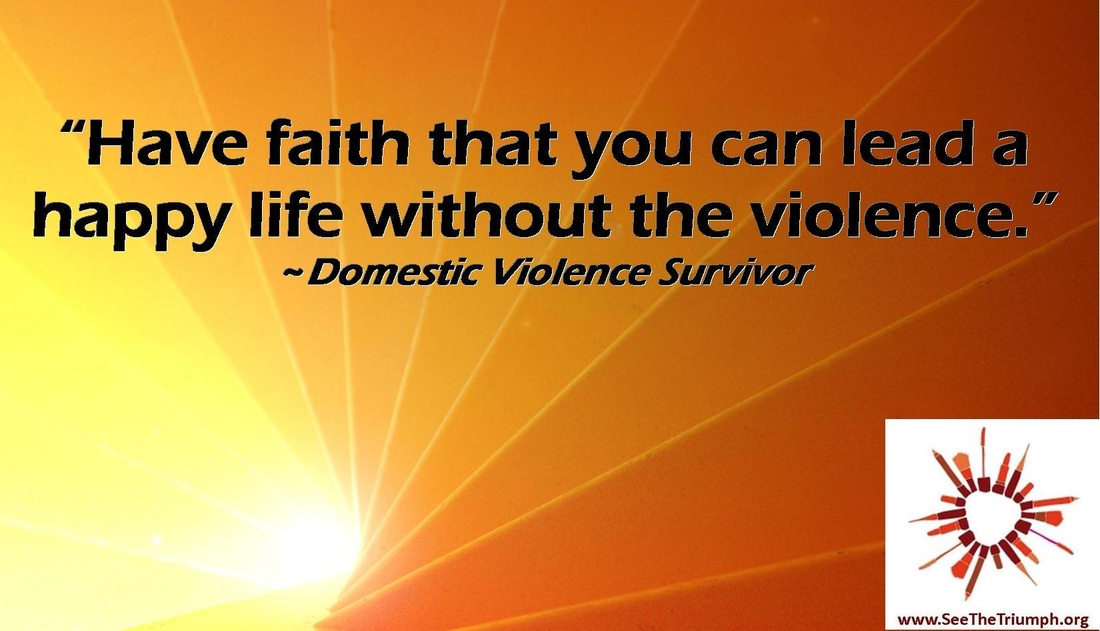
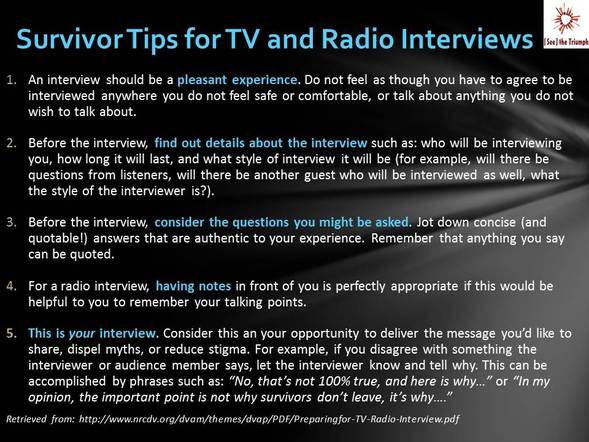
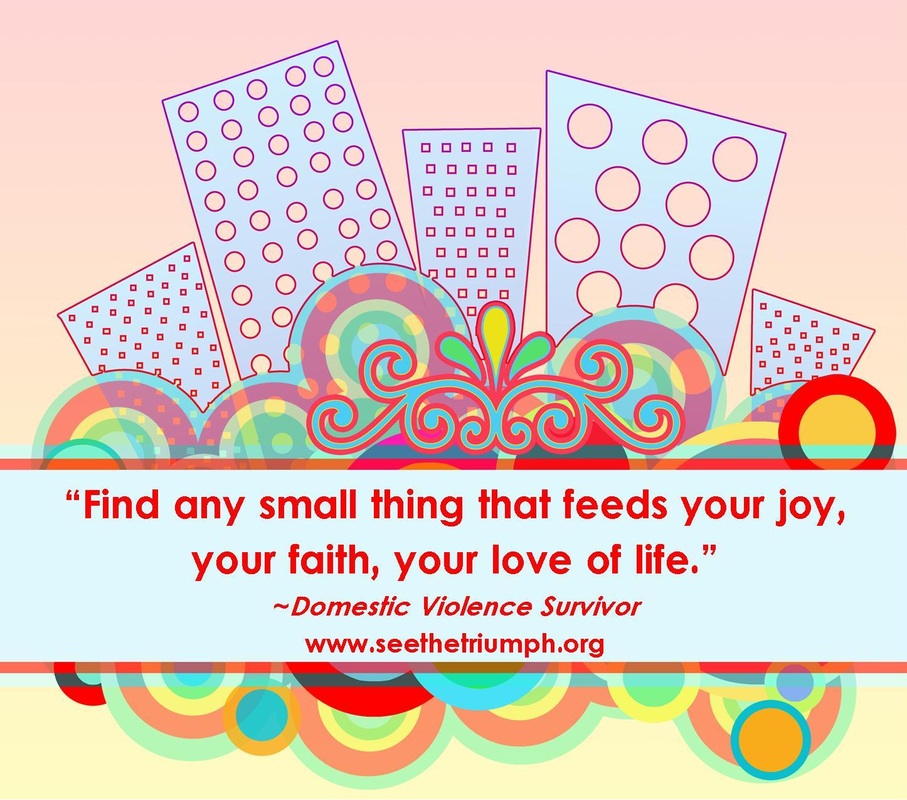
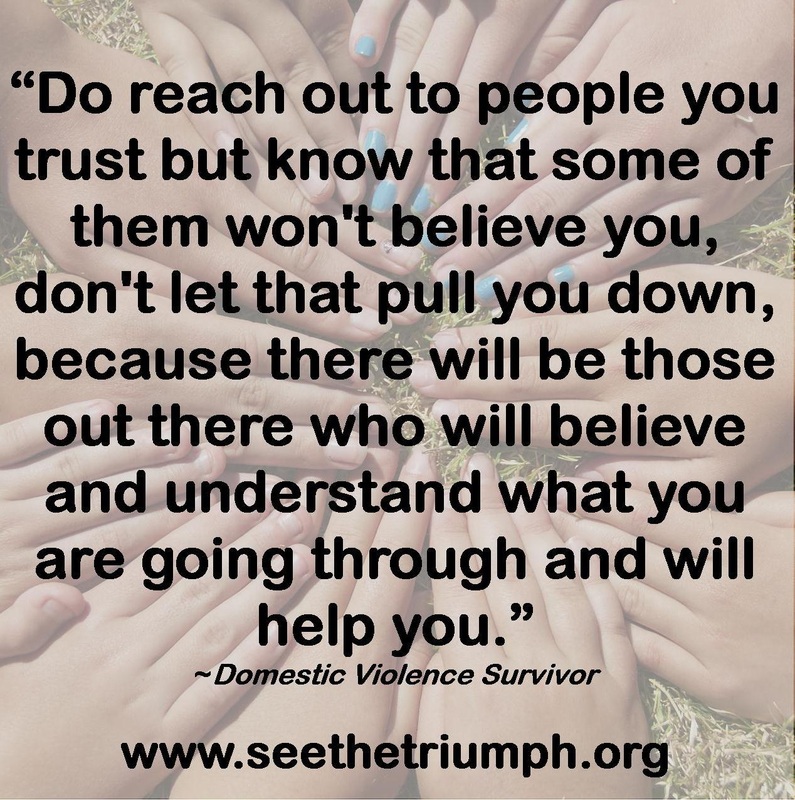


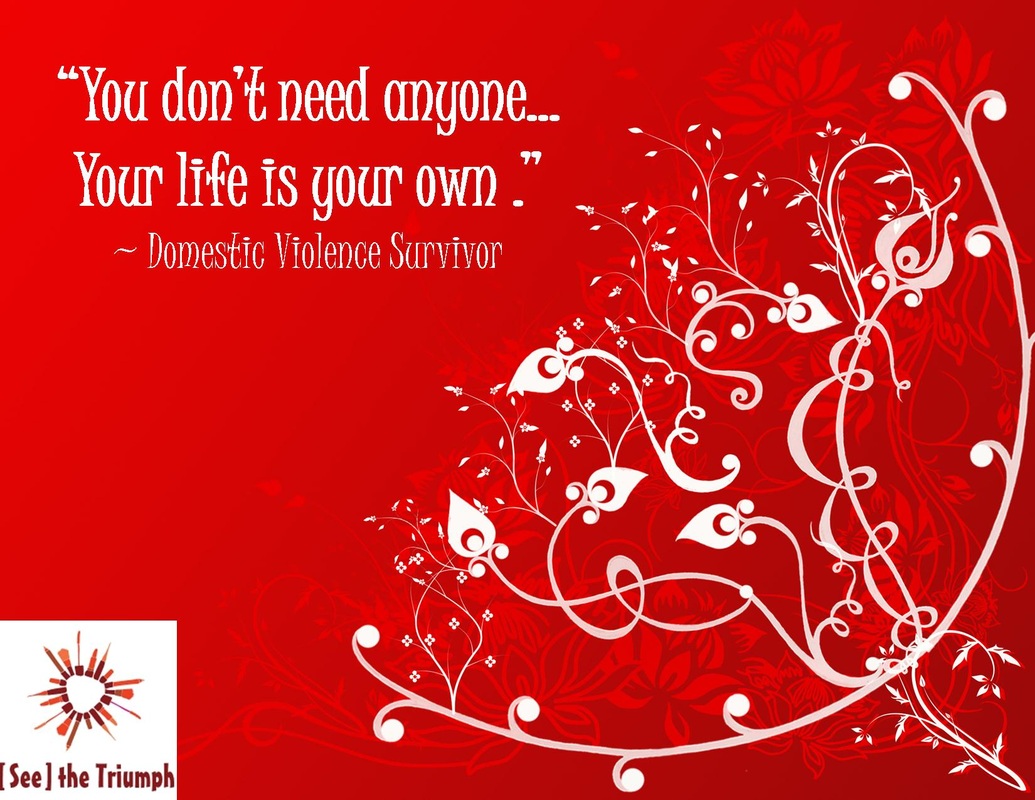
 RSS Feed
RSS Feed